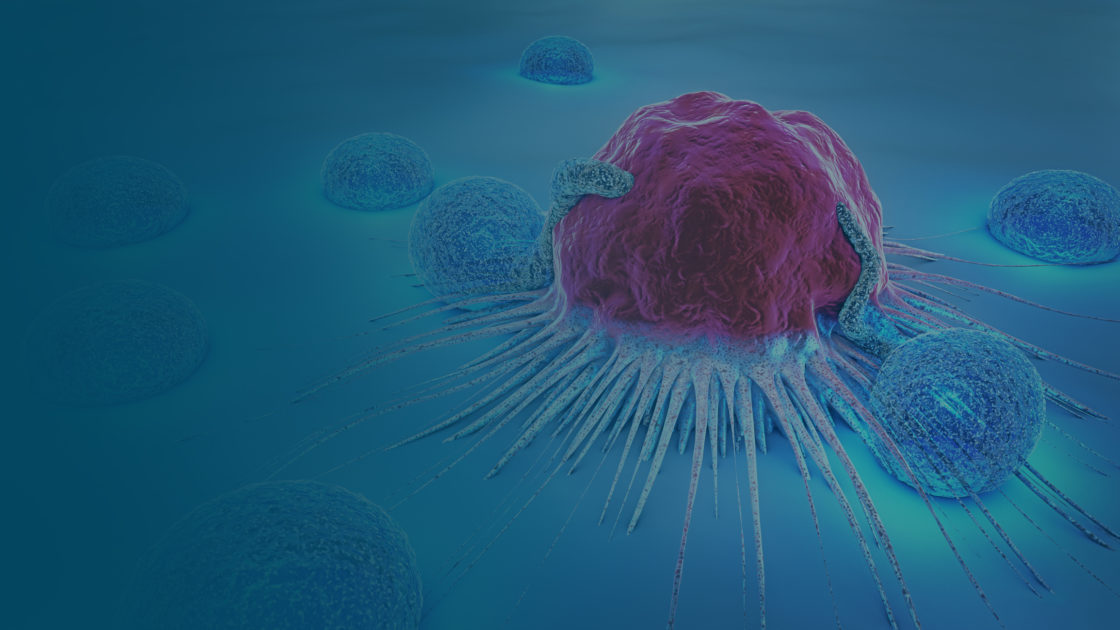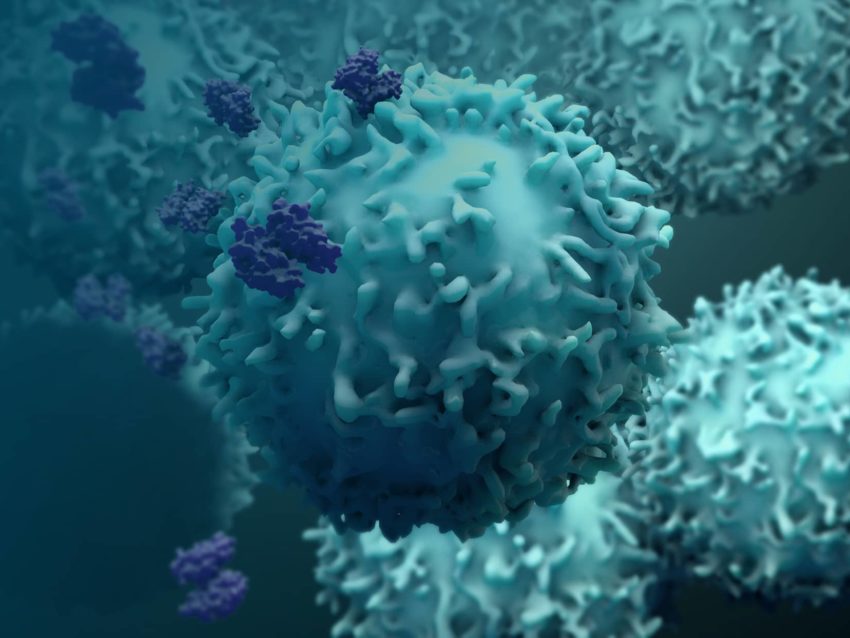
nCounter®
Tumor Signaling 360™ Panel
Helping Your Research
As therapeutics that target tumor signaling evolve, a greater understanding of tumor signaling is required as well as a better understanding of the interactions of tumor cells with the tissue milieu. The Tumor Signaling 360 Panel is intended to play this exact role, enabling deeper profiling of the tumor that is complete, yet focused on signaling pathways of interest for targeted therapeutic development. Covering hundreds of genes involved in tumorigenesis, metastasis, and inflammation, the nCounter Tumor Signaling 360 Panel offers a holistic view of the biology of the tumor, microenvironment, and immune response with an emphasis on dysfunctional cell signaling in cancer.
- Profile 40+ pathways involved in tumor biology, immune evasion, and remodeling of the microenvironment.
- Identify targets for novel therapeutics
- Understand the mechanism of action of targeted therapies
- Determine the extent of anti-tumor immune response with the Tumor Inflammation Signature
- Quantify the presence and relative abundance of 14 different immune cell types
Inspired by systems biology approaches to cancer research, NanoString’s 360 Series Panel Collection gives you a 360° view of gene expression by combining carefully-curated content involved in the biology of the tumor, microenvironment, and the immune response into a single holistic assay. Each panel contains the 18-gene Tumor Inflammation Signature (TIS) that measures a peripherally-suppressed, adaptive immune response and has been shown to correlate with response to checkpoint inhibitors.

Panel Selection Tool
Find the gene expression panel for your research with Panel Pro
Find Your Panel
Product Information
The Tumor Inflammation Signature includes 18 functional genes known to be associated with response to PD-1/PD-L1 inhibitors.

Includes four areas of Immune Biology: IFN-ү-responsive genes related to antigen presentation, chemokine expression, cytotoxic activity, and adaptive immune resistance genes.
The tumor inflammation gene expression signature highlights the complex biology of the host immune microenvironment.
View publication and video.
- Ayers, Mark, et al. “IFN-y-related mRNA profile predicts clinical response to PD-1 blockade.” The Journal of Clinical Investigation 127.8 (2017).
Platform Specifications (*Does not apply to Prosigna® Breast Cancer Prognostic Gene Signature Assay (1))
360 Series Product Comparison
Fully-annotated gene lists in Excel format are available for each of the 360 Panels. The table below compares the biology coverage of the 360 Panels across the tumor, microenvironment, and the immune response to that of the PanCancer Panels Collection.
Related Resources






Publications
Assessing Longitudinal Treatment Efficacies and Alterations in Molecular Markers Associated with Glutamatergic Signaling and Immune Checkpoint Inhibitors in a Spontaneous Melanoma Mouse Model
Previous work done by our laboratory described the use of an immunocompetent spontaneous melanoma-prone mouse model, TGS (TG-3/SKH-1), to evaluate treatment outcomes using inhibitors of glutamatergic signaling and immune checkpoint for 18 weeks. We showed a significant therapeutic efficacy with a notable sex-biased response in male mice.
Spatial transcriptomics reveals discrete tumour microenvironments and autocrine loops within ovarian cancer subclones
High-grade serous ovarian carcinoma (HGSOC) is genetically unstable and characterised by the presence of subclones with distinct genotypes. Intratumoural heterogeneity is linked to recurrence, chemotherapy resistance, and poor prognosis.
Spatially Segregated Macrophage Populations Predict Distinct Outcomes In Colon Cancer
Tumor-associated macrophages are transcriptionally heterogeneous, but the spatial distribution and cell interactions that shape macrophage tissue roles remain poorly characterized. Here, we spatially resolve five distinct human macrophage populations in normal and malignant human breast and colon tissue and reveal their cellular associations.
Request a Quote
Contact our helpful experts and we’ll be in touch soon.
